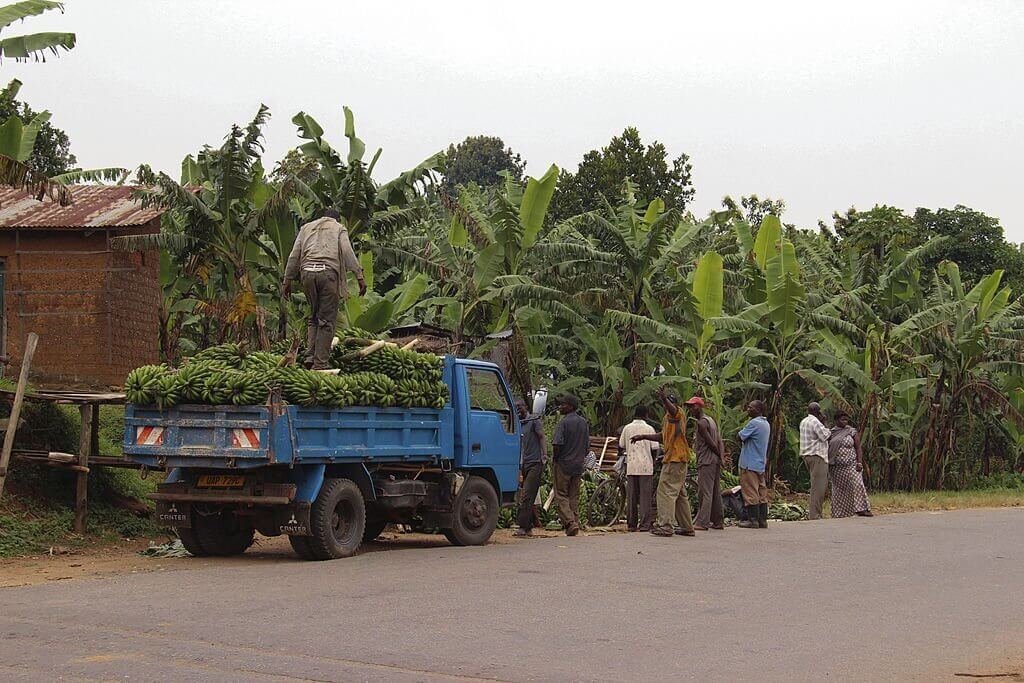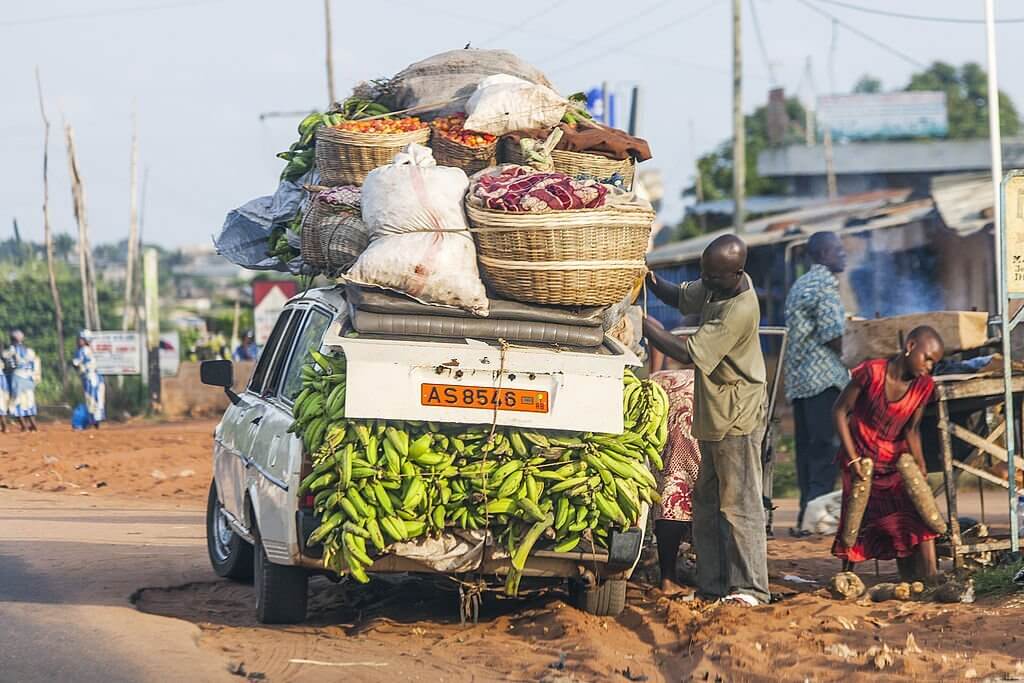Rural areas have always been concerned with all or most of the food production in Nigeria. Agricultural foods produced in villages are usually transported through rails or roads to the urban market, such foodstuffs like; mangoes, bananas, plantains, pears, yams, beans, tomatoes, green vegetables, cucumbers, snails, palm oil etc are commonly transported. Some of these foodstuffs transported are perishable and usually takes days or weeks before getting to the target urban market, some eventually gets spoilt before getting to the market. However, this food miles is not necessary as farms can be established in urban areas too. Urban farming is very important as it ensures that fresh food gets to the urban market at a reasonable amount of time.
What is Urban Farming?
Urban farming is simply the growing of crops and rearing of animals in and around urban areas. It involves the production, distribution and processing of agricultural food in urban areas.
Spaces used for Urban Farming
Many urban dwellers sadly do not know that their roofs, backyards, walls etc can be use for food production and income generation. Such spaces can be used as rooftop gardens, backyard gardens bee farms, vertical farms, green walls etc. Another impressive thing about urban farming is that it does not require large land space to set up an urban farm (any size of space can just be good enough to accommodate an urban farm).
Elimination of food miles in urban areas also results in food security (this is because nutritious food are always accessible in the urban markets), keeps urban areas free of pollution caused by carbon dioxide and results in reduction of food cost in urban areas (as the cost of transportation is minimal or totally eliminated).
Conclusion
A lot of potentials lies in urban areas for food production, Unused spaces can be used productively as rooftop gardens, backyard gardens, urban beefarms, vertical farms etc. Establishment of urban farms eliminates the food miles food always takes before getting to urban areas resulting in timely delivery of fresh, edible foods.

